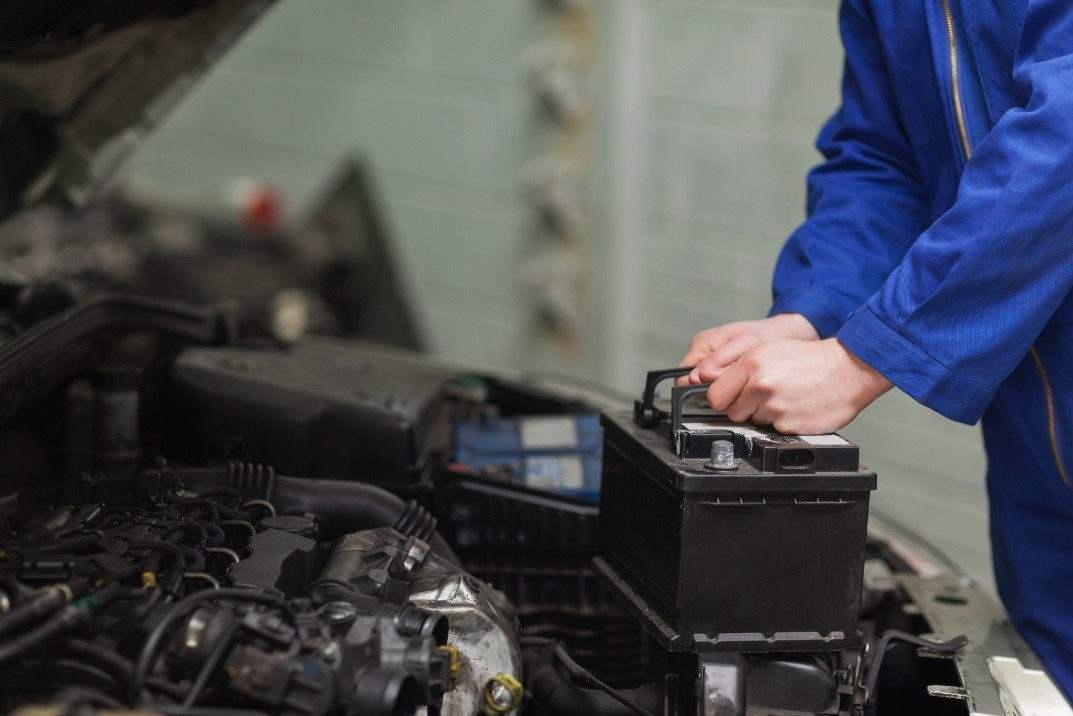Understanding whether an alternator can overcharge a battery is critical for every vehicle owner. This concern arises from the need to maintain battery health and ensure the longevity of your vehicle's electrical system. An alternator plays a vital role in a vehicle by converting mechanical energy into electrical energy, thus recharging the battery while the engine runs. However, an overcharged battery can lead to a range of problems, including reduced battery lifespan, damage to electrical components, and even safety hazards.
In this article, we will delve into the mechanics of how an alternator works, the conditions under which it can overcharge a battery, and the potential consequences of such an occurrence. We will also explore preventive measures and solutions to mitigate the risks associated with alternator overcharging. By understanding these concepts, you can ensure the health of your battery and your vehicle's electrical system.
From the symptoms of an overcharged battery to the steps you can take if you suspect your alternator is malfunctioning, this comprehensive guide aims to be your go-to resource. Let's explore the intricacies of alternators and batteries to equip you with the knowledge you need.
Table of Contents
- Understanding Alternators
- How Alternators Work
- What is Overcharging?
- Symptoms of Overcharging
- Causes of Alternator Overcharging
- Preventing Overcharging
- What to Do If Overcharged
- Conclusion
Understanding Alternators
Alternators are essential components of a vehicle's electrical system, responsible for generating electricity to power the vehicle and recharge the battery. They convert mechanical energy from the engine into electrical energy using electromagnetic induction. This process is crucial for maintaining the battery's charge and ensuring that all electrical components of the vehicle function correctly.
Biographical Data on Alternators
| Feature | Description |
|---|---|
| Function | Convert mechanical energy to electrical energy |
| Type | Electromechanical device |
| Components | Stator, rotor, diode rectifier, voltage regulator |
| Typical Output | 12-14 volts |
How Alternators Work
The operation of an alternator is based on the principle of electromagnetic induction. As the engine runs, it turns the alternator's rotor, creating a rotating magnetic field. This field induces an electric current in the stator winding, which is then converted to direct current (DC) by the diode rectifier. The voltage regulator ensures that the output voltage remains within safe limits to prevent damage to the battery and electrical components.
What is Overcharging?
Overcharging occurs when a battery receives more voltage than it is designed to handle. For most lead-acid batteries, this threshold is typically around 14.4 volts. If the alternator continues to supply voltage beyond this limit, it can lead to excessive heat buildup, gas release from the battery, and ultimately, battery failure.
Symptoms of Overcharging
Recognizing the symptoms of an overcharged battery is crucial for preventing damage. Here are some common signs:
- Battery swelling or bulging
- Excessive heat from the battery
- Corrosion on battery terminals
- Foul odor due to gas release
- Frequent blown fuses or electrical malfunctions
Causes of Alternator Overcharging
Several factors can contribute to alternator overcharging:
- Faulty Voltage Regulator: The voltage regulator's primary function is to maintain the correct voltage output. If it fails, the alternator may produce excessive voltage.
- Short Circuits: A short circuit in the electrical system can cause an increase in current flow, leading to overcharging.
- Incorrect Battery Type: Using a battery that is not compatible with the alternator can result in overcharging.
- Wiring Issues: Damaged or corroded wiring can disrupt the electrical flow, causing the alternator to overcompensate.
Preventing Overcharging
To prevent alternator overcharging, consider the following measures:
- Regularly inspect the voltage regulator and replace it if faulty.
- Use the correct type of battery recommended for your vehicle.
- Check the electrical wiring for any signs of wear or damage.
- Monitor the battery voltage regularly using a multimeter.
What to Do If Overcharged
If you suspect that your battery has been overcharged, take the following steps:
- Disconnect the battery immediately to prevent further damage.
- Inspect the battery for signs of swelling, leaks, or corrosion.
- Test the voltage output of the alternator to ensure it is within the normal range.
- If necessary, consult a professional mechanic for further diagnosis and repair.
Conclusion
In conclusion, understanding whether an alternator can overcharge a battery is vital for maintaining your vehicle's electrical system. Recognizing the symptoms, causes, and preventive measures can help you avoid the risks associated with overcharging. If you find yourself facing battery issues, don't hesitate to consult a professional for assistance.
We encourage you to leave your comments below, share this article with fellow vehicle owners, and explore our other resources for more information on automotive maintenance.
Thank you for reading, and we look forward to providing you with more valuable insights in the future!




